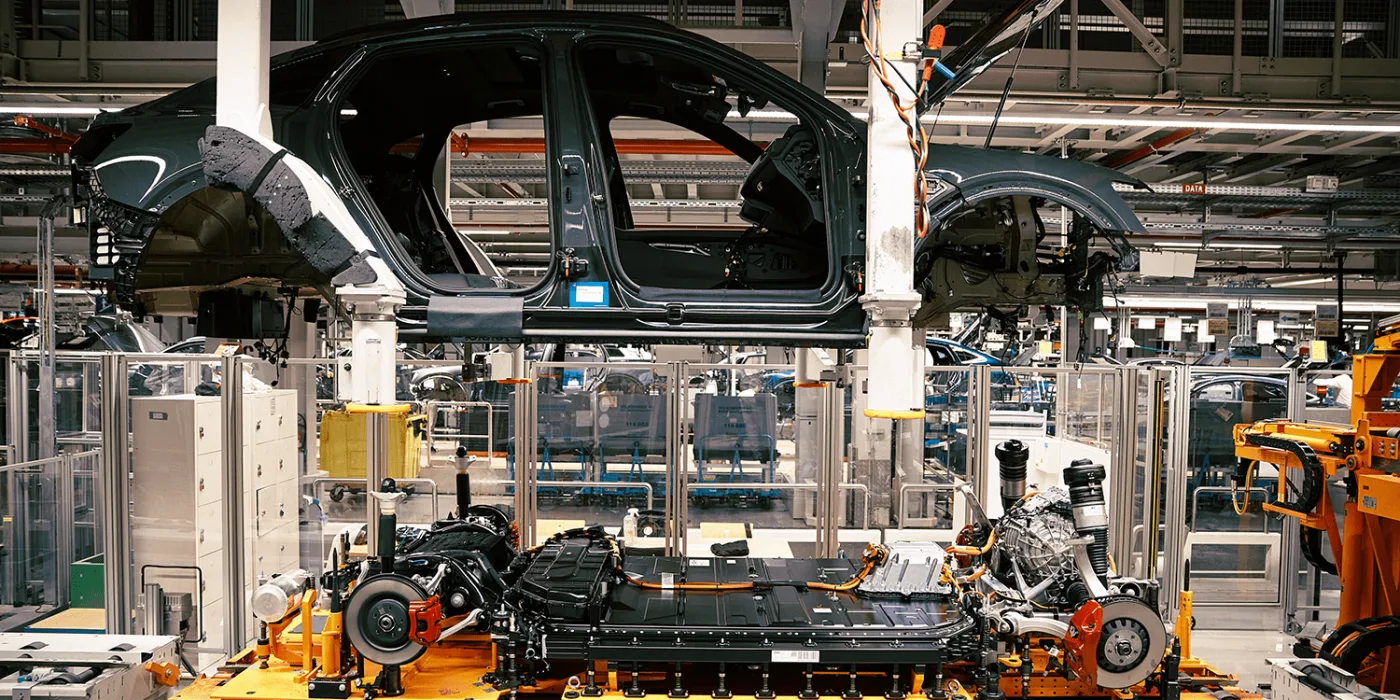Introduction: A Bold Step Toward Electrification
Audi is accelerating its transition to electric mobility. With global demand for EVs rising rapidly, the German automaker has committed to expanding its electric vehicle production. Audi aims to position itself as a leader in the industry by offering efficient, innovative, and premium electric vehicles that meet the expectations of modern consumers.
Audi Increases EV Production to Meet Global Demand
To meet surging EV demand, Audi is scaling up production through strategic investments in advanced manufacturing and research. The company plans to electrify its entire model lineup by 2033. This move reflects Audi’s broader vision of sustainability and carbon neutrality.
Engineers and designers at Audi work on new EV platforms like PPE (Premium Platform Electric), which support various body styles and performance levels. With this technology, Audi can quickly develop and release diverse EV models for different market segments.
Expanding Production Facilities
Audi strengthens its production infrastructure by upgrading existing factories and building new ones. In Germany, the company is developing a state-of-the-art EV plant capable of producing up to 800,000 electric cars annually by 2025.
To ensure efficient supply chains and battery availability, Audi partners with leading battery manufacturers such as Northvolt and LG Energy Solution. These collaborations allow Audi to improve energy storage technology and secure long-term access to high-quality battery cells.
e-tron Series: Leading the Premium EV Segment
The e-tron lineup represents Audi’s commitment to electric innovation. These models combine performance, comfort, and cutting-edge technology.
e-tron SUV: This model delivers a smooth driving experience, long range, and luxury features for everyday use.
e-tron GT: As a sporty electric sedan, the GT offers thrilling acceleration and a futuristic design.
Q4 e-tron: This compact, affordable EV targets younger and urban buyers. Despite its smaller size, the Q4 e-tron maintains premium features found in larger models.
Each model showcases Audi’s focus on style, technology, and sustainability. With over-the-air updates, customizable interfaces, and intelligent driver assistance, the e-tron series reflects the future of premium electric mobility.
Addressing Challenges in EV Production
Despite progress, the company faces challenges as it ramps up EV production.
Raw Material Supply: EV battery production requires critical materials like lithium and nickel. Audi manages this issue by securing long-term supply agreements and investing in recycling programs.
Charging Infrastructure: Although charging networks are growing, some areas still lack sufficient stations. Audi supports the expansion of public charging while offering home charging solutions for convenience.
Production Costs: EVs remain more expensive to manufacture than traditional cars. To address this, Audi streamlines manufacturing processes and leverages shared platforms to reduce costs over time.
Paving the Way for an Electric Future
Audi sees a strong future in electric mobility. The company plans to introduce more affordable EVs without compromising on quality or technology. By 2025, several new electric models will debut, offering broader options for customers worldwide.
Market projections suggest that EVs could make up more than 40% of global vehicle sales by 2030. Audi intends to play a leading role in this transition by continuously enhancing its EV portfolio and investing in green technologies.
Conclusion: Audi’s Vision is Fully Charged
With bold investments and a clear direction, Audi leads the charge toward a sustainable future. Its growing electric vehicle lineup reflects a commitment to innovation, performance, and environmental responsibility. As the world embraces cleaner transportation, Audi stands ready to deliver the next generation of electric mobility.



